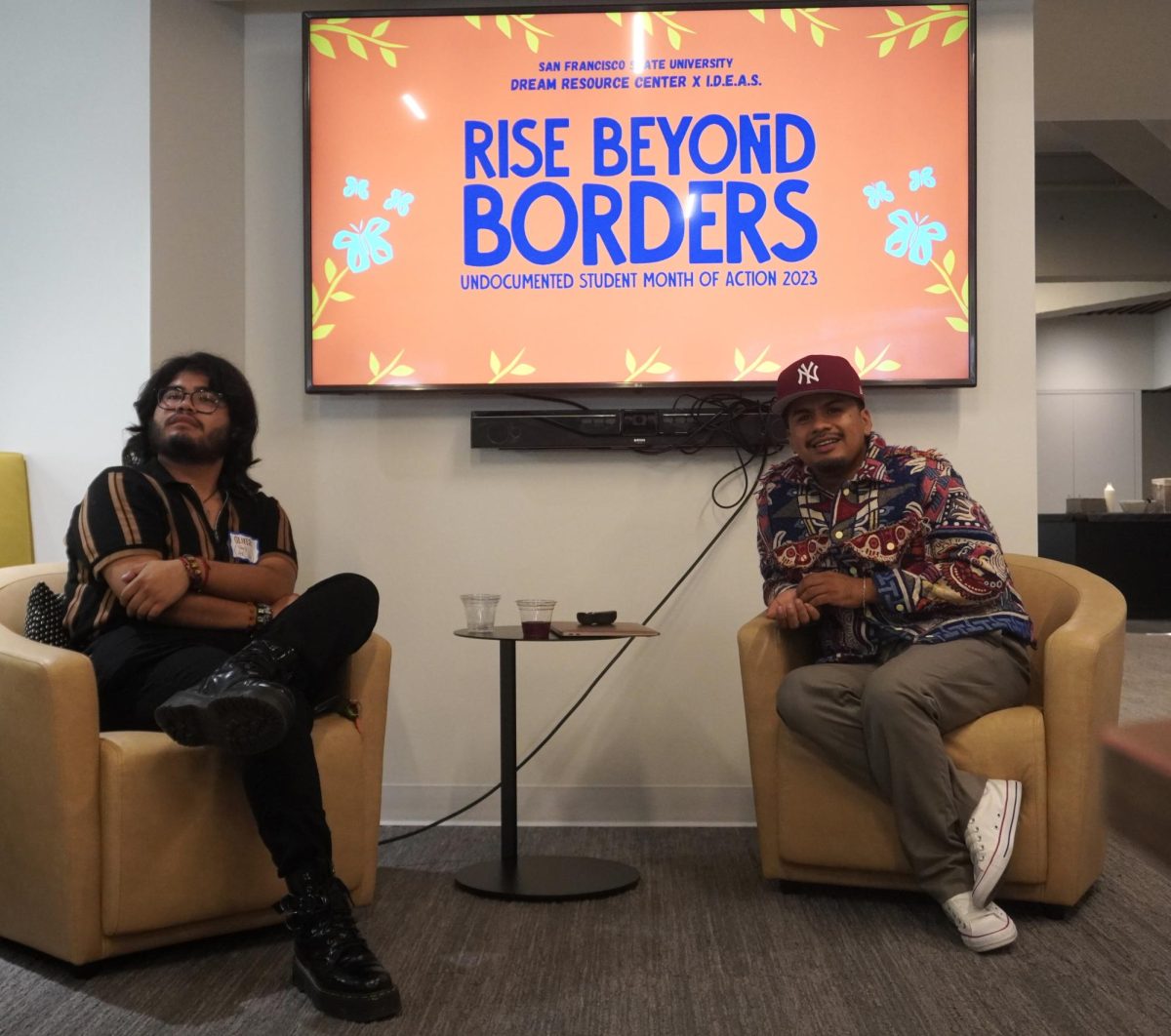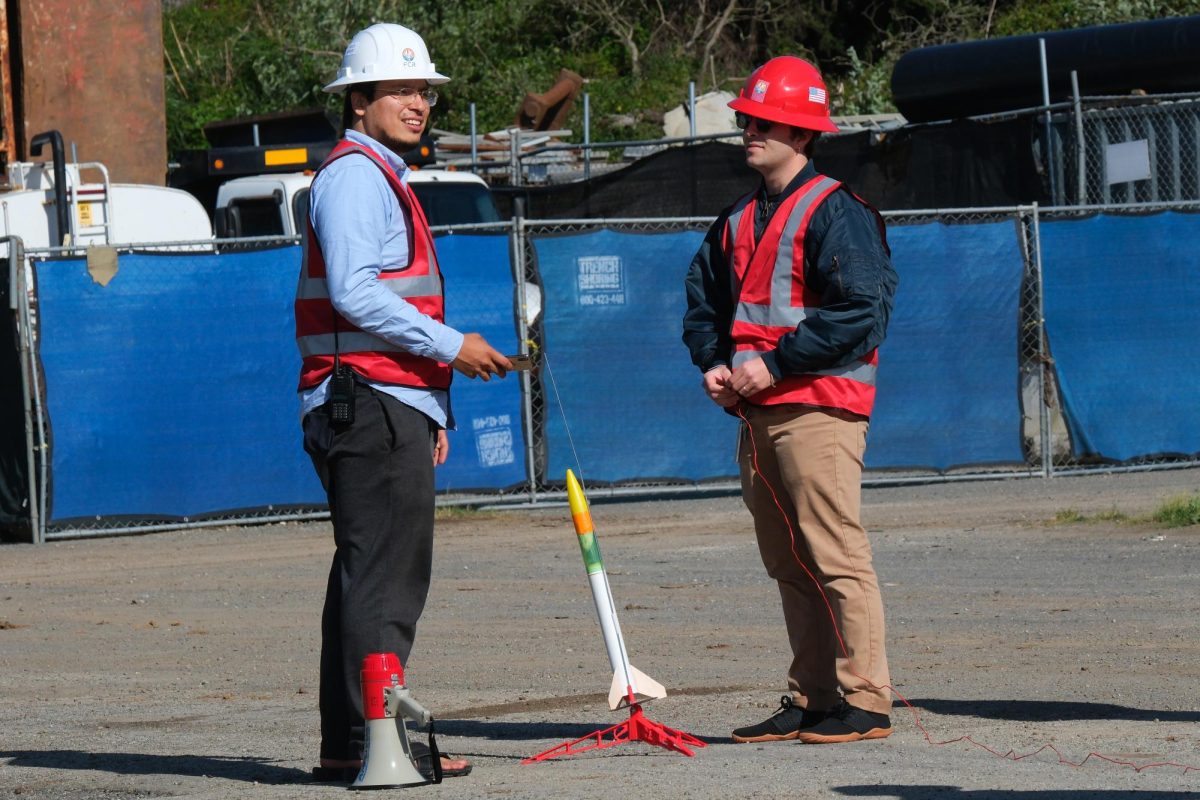By Peter Snarr
The simple, “idiotic,” and naive ponderings of a young, aspiring political journalist, confusingly navigating his way through the concrete jungle of San Francisco public policy and appointments.
Election season is here, and while I won’t go as far to say it’s my favorite time of the year, the political energy in the air is palpable and makes me giddy. It’s the time of the year when my traditional-valued, moderate parents think my modest leftist ideals are radical and they question whether they raised a neo-communist anarchist. It’s the time of year when I debate my peers on the pros and cons of propositions and candidates which sometimes causes drunken shouting matches. It’s the time of year when I lecture my friends and roommates on the importance of voting; which they inevitably ignore (Just vote guys! It’s not that goddamn hard!).
Despite the frustration, the nervousness of Republicans potentially getting elected and the headaches politics causes me, I fucking love it. From Mitt Romney’s binders of women, to Anthony Weiner sexting his junk, to the national and international drama with real life consequences, politics is the greatest reality show on television.
While the race for a new president in 2016 is currently underway on the national stage, San Francisco is having an election of its own Nov. 3 to choose its next mayor. Incumbent Ed Lee is expected to win with little resistance despite going up against five other candidates. Through all the back and forth, Lee’s challengers have assured voters that they want to bring back traditional San Francisco values, which they feel Lee has abandoned. One such value, San Francisco’s personal brand of liberal progressivism, which has historically described the political landscape of the city, is allegedly dying.
At the end of last semester I took on the foolhardy challenge of diving into local politics by covering the mayoral election and interviewing YIMBY candidate Amy Farah Weiss. Although I had a general idea of what a progressive was, especially on a national level, I wanted to know what it meant to San Francisco– a city where everyone already champions progressive ideals.
I asked Weiss what she thought about the status of the political theory in the city, but she skirted my question and instead spun it to talk more about her campaign. Strike out number one.
My next opportunity to find out what it meant was my interview with travel writer, and local columnist Stuart Schuffman, aka Broke-Ass Stuart, about his mayoral run. Still confused about the term, I was determined to find out and not be given the run around like last time. While Schuffman responded to the question on the first attempt it left me nowhere closer to finding the answer.
“Well that’s the question isn’t it,” Schuffman said in a June interview. “Everyone is a different fucking shade of blue in this town. But what I think it means is putting people over profit.”
At the time of the interview I thought that was a lame answer, but I would come to realize that he wasn’t far off the mark. Even though I had gone down swinging, I struck out for the second time.
My confusion grew even more when I came across Harold H. Brown. His name came up when trying to find out if Schuffman’s attempt to report on the mayoral race as a candidate was the first of it’s kind.
I couldn’t find any evidence that Brown attempted to run for office, but what I did find was that this guy was apparently extremely sexist, bigoted, arrogant and, generally, an all around asshole. Imagine a douchier, irrelevant, forgettable version of Ernest Hemingway, but living in a time when that type of machismo is no longer acceptable. Apparently this guy was a staple of progressive political shoulder rubbing and blogging in the city.
Wait a second. Progressive? I thought progressive was the opposite of what I mentioned above (well, maybe with an exception for arrogance) and instead meant forward thinking, accepting of cultures and lifestyles and attempting to try new ideas to fix society’s problems. It meant questioning the status-quo that was so highly championed by the former progressively-minded San Francisco Bay Guardian newspaper (RIP).
Brown represented none of this. Between breaks of his constant guzzling of bourbon, Brown was able to insult female journalists by calling them escorts, insisting that the only reason they had jobs was of because of their asses and editors wanting to fuck them, as well as constantly being kicked out of meetings and online message boards for his drunken ramblings. Yeah, I told you the guy was an asshole.
Already 0-2 in the ball game, and at the risk of going 0-3, I decided to seek professional help from Tim Redmond, author of local political blog 48 Hills and former executive editor of the Bay Guardian.
Redmond said it’s incredibly easy for San Franciscans to support issues such as immigration, LGBT and women’s rights, but the progressive line is drawn where they stand on economic issues. This was the key I was missing. While Supervisors Scott Weiner and Mark Farrell will always support socially liberal issues that are far left in some parts of the country, it’s how they have trusted the private sector to handle the housing crisis and have backed tax breaks for tech companies which strip them of their progressive label.
Local progressives question “the two-tier San Francisco.” They question the “San Francisco for the rich with their private shuttles and the San Francisco for everyone else with underfunded public buses,” Redmond said.
Redmond argues that social equity and economic equity are inherently tied. Having a city which only caters to the the rich neglects the social issues that we as a community hold so dear.
“It doesn’t do anything for the trans kid from the midwest who wants to move here to escape an abusive situation,” Redmond said. “We’re not thinking about the implications.”
I realized after my talk with Redmond that my scope was tunnel visioned. Admittedly, issues I focus on tend to sway to the social side and I shy away from economic ones. For me, regulating Wall Street is an issue that I can’t see myself having an impact on, but fighting for LGBT rights or pot legalization is more attainable and within my reach.
After this journey to define San Francisco progressivism, it became clear to me that you need to care about both. Despite any perceived shortcomings I had on economics, those issues separate the progressives from the liberals, not just in San Francisco, but nationally as well. Presidential candidate Bernie Sanders understands this, and is the reason why all of his platforms have a base in economics. While economic issues are harder to fight for, they are the true change which can drive the social issues that affect people’s lives. So I guess in the end, Schuffman was right; you need to put “people over profit.”







